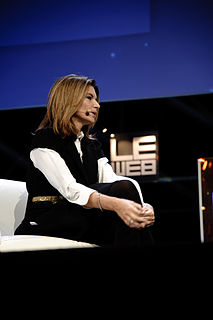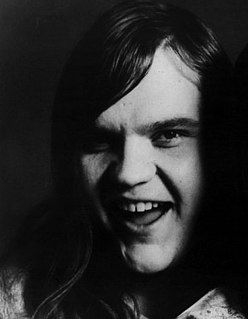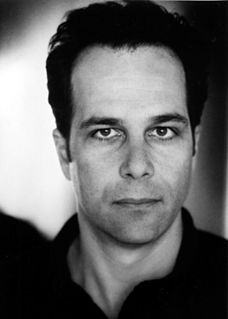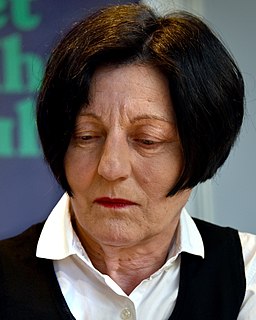A Quote by Robert Frost
Related Quotes
Who will cry for the little boy, lost and all alone?
Who will cry for the little boy, abandoned without his own?
Who will cry for the little boy? He cried himself to sleep.
Who will cry for the little boy? He never had for keeps.
Who will cry for the little boy? He walked the burning sand.
Who will cry for the little boy? The boy inside the man.
Who will cry for the little boy? Who knows well hurt and pain.
Who will cry for the little boy? He died and died again.
Who will cry for the little boy? A good boy he tried to be.
Who will cry for the little boy, who cries inside of me?
Why does a man cry? he wondered. Not like a woman; not for that. Not for sentiment. A man cries over the loss of something, something alive. A man can cry over a sick animal that he knows won't make it. The death of a child: a man can cry for that. But not because things are sad. A man, he thought, cries not for the future or the past but for the present.
The people are living seperately together," he said. "So there is responsibility. I cry, you cry. You cry, I cry. We all come running, and the one that stays quiet, the one that stays home, must explain. Is he in league with the criminals? Is he a coward? And what would he expect when he cries? This is simple. This is normal. This is community.
I'm always telling myself I don't have many feelings. Even when something does affect me I'm only moderately moved. I almost never cry. It's not that I'm stronger than the ones with teary eyes, I'm weaker. They have courage. When all you are is skin and bones, feelings are a brave thing. I'm more of a coward. The difference is minimal though, I just use my strength not to cry. When I do allow myself a feeling, I take the part that hurts and bandage it up with a story that doesn't cry, that doesn't dwell on homesickness.





































